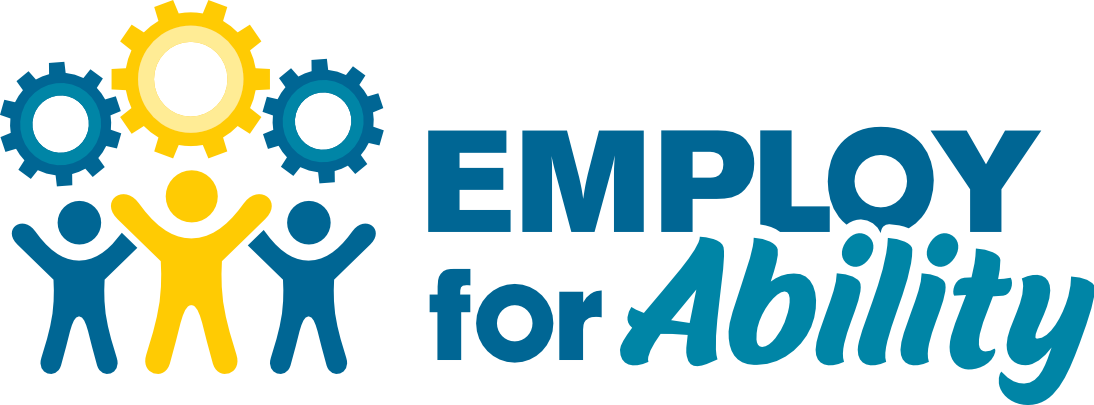Our SLES Program is designed to help young adults with an autism diagnosis (or other neurodivergent conditions) become job ready.
Autism
Alternative techniques should replace traditional interviews for individuals with an Autism diagnosis. By Elise Bulless.
Alternative techniques should replace traditional interviews for individuals with an Autism diagnosis.
Alternative techniques should replace traditional interviews for individuals with an Autism diagnosis. By Elise Bulless.
Alternative techniques should replace traditional interviews for individuals with an Autism diagnosis.
Autism and coping with COVID-19 anxiety – Helpful Tips
We list some helpful coping responses when working with people with an autism diagnosis and their take on COVID-19 and the anxiety it may induce.
Show Pony Events gains the Neurodiversity advantage
Show Pony Events understands that staff who are neurodiverse may not interview the same as other workers but have the ability to be productive members of her team.
Neurodiversity and inclusion create value
Organisations are starting to learn that hiring people with neurodiversity can create incredible value.
Why are people with neurodiversity not being employed?
Today school leavers with neurodiversity will experience the highest rates of unemployment compared to any other group of people with disabilities.
The start of Employ for Ability
This week I commenced a defining step in my career to help build the Neurodiversity employment market; one placement at a time.
News archives
Categories
Archives
Search
Use the search box below to find what you’re looking for.
